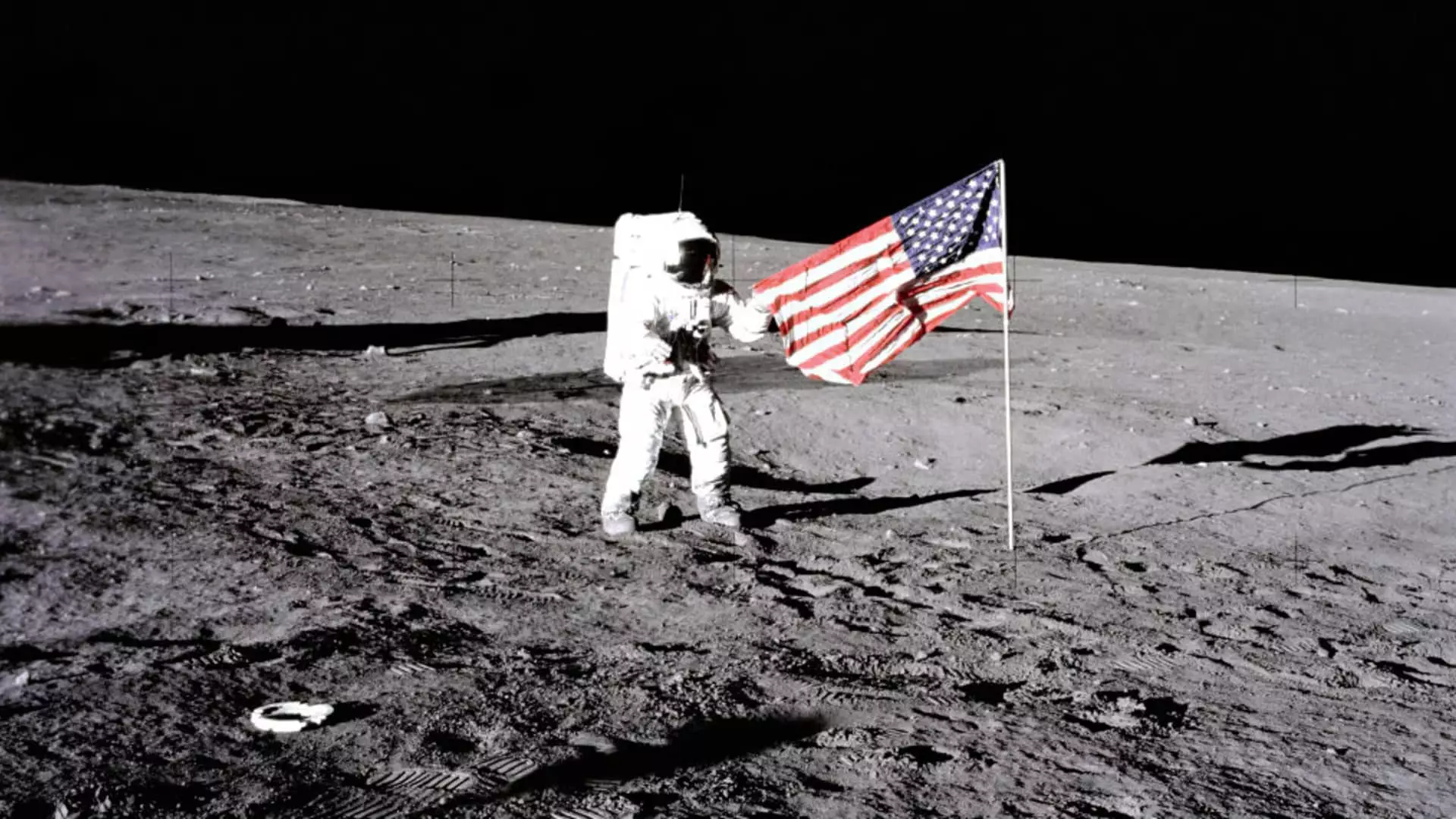In a recent achievement, Japan successfully completed a soft landing on the moon’s surface, joining the United States, Russia, China, and India as the fifth nation to accomplish this feat. However, this is just the beginning of what is expected to be a surge in lunar missions. The European Space Agency predicts that over 100 lunar missions will take place by 2030, involving both private companies and governments. This raises the question: why are so many countries eager to return to the moon?
The Moon as a Proving Ground
According to Michelle Hanlon, the executive director at the Center for Air and Space Law at the University of Mississippi, the moon serves as a proving ground for humanity. It provides an opportunity to learn how to live in space and utilize its resources, which in turn paves the way for future space exploration and access to vast riches in the universe. One of the sought-after resources is helium-3, an isotope that can be used to power nuclear fusion reactors. While rare on Earth, helium-3 is abundant on the moon and holds the potential to power the entire Earth for centuries. However, the exact methods of extraction and utilization are still being researched.
Beyond helium-3, the moon also offers another valuable resource: water. Water is essential for human survival and can be used to produce rocket fuel. This opens up the possibility of the moon becoming a refueling station for rockets, enabling deeper space exploration. The presence of water on the moon elevates its significance in the ongoing geopolitical competition. Establishing a significant lunar presence becomes a statement about a country’s political and economic system. It also signifies who is advancing in the race for space exploration and access to valuable resources.
Dean Cheng, a senior advisor for the China program at the United States Institute of Peace, highlights the belief among nations that there are significant resources on the moon that can benefit Earth and future space missions. Therefore, the race to establish a strong presence on the moon is not only driven by scientific curiosity but also by the potential for economic gain and political influence. The country or company that succeeds in securing a significant lunar presence will shape the narrative of the geopolitical landscape and position themselves ahead of others in this race.
With the increasing interest and investment in lunar missions, the moon race is expected to intensify in the coming years. It presents an opportunity for nations to demonstrate their technological prowess, economic strength, and geopolitical dominance. As more countries and private companies join the competition, advancements in space exploration, resource extraction, and technologies for sustainable living in space are expected to emerge.
The renewed interest in the moon reflects the quest for scientific knowledge, access to valuable resources, and geopolitical dominance. The moon serves as a stepping stone to explore deeper into space and unlock the vast riches that lie beyond. As the moon race heats up, nations and companies are positioning themselves to lead the new era of space exploration and seize the benefits it offers for their political and economic systems.


Leave a Reply